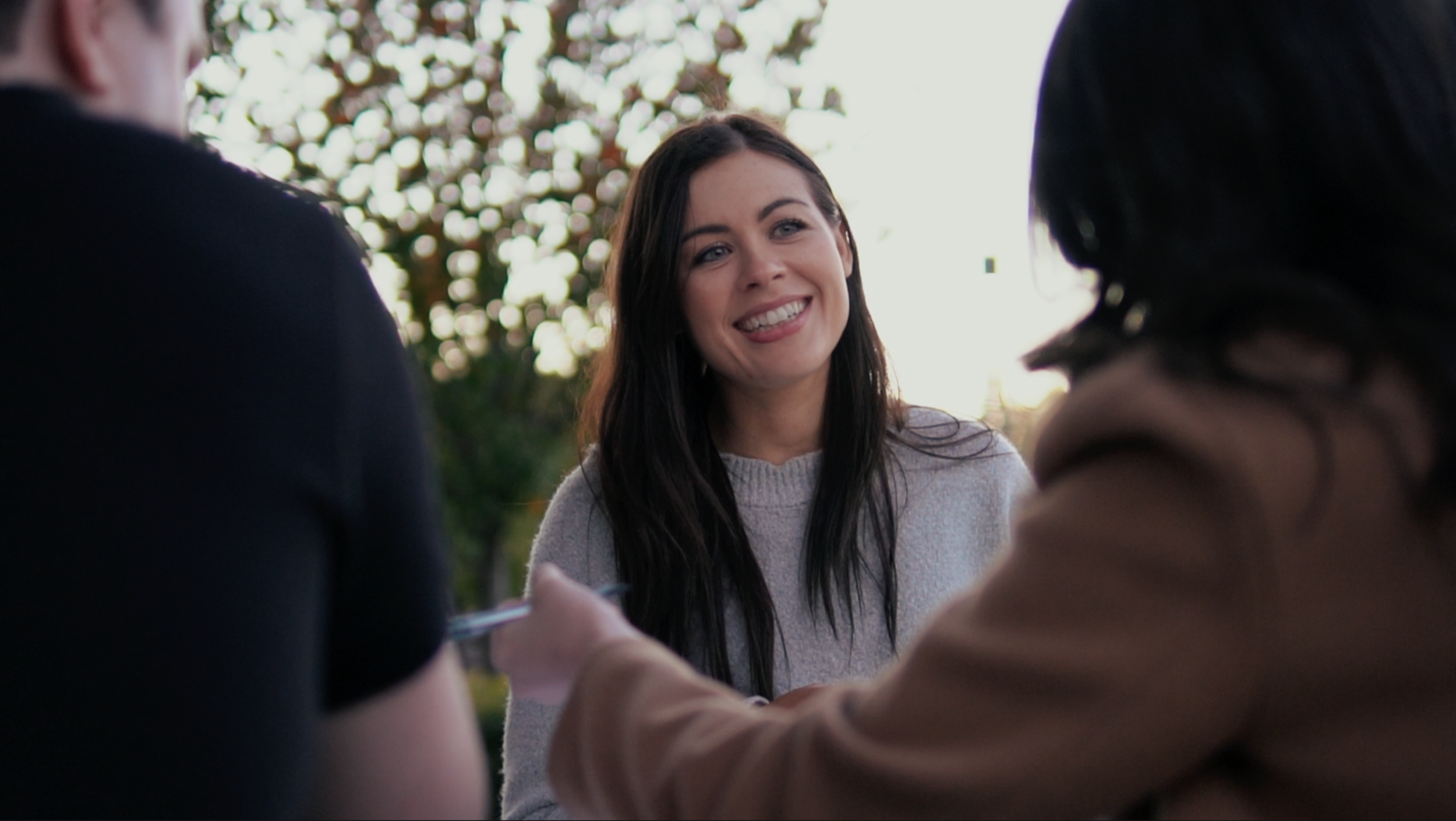
A Diverse Range of Keynotes
Each day of the 2021 Roundtable is committed to exploring the idea of a ‘Partnership Paradox’ with a different focus, purpose, and energy. We have a keynote each day provoking us to consider our theme anew and puzzle over our the claims we make about our student-staff partnership practices.
Day 1 Keynote
Perspectives on Partnership Paradoxes: Purpose, Power, Particularity & Paradigm
Our interactive keynote will critically interrogate what we have found to be four “paradoxes” of partnership: purpose, power, particularity, and paradigm. Using these paradoxes, we will delve into the big questions and challenges that are at the heart of our partnership practices and experiences, including: Why engage in partnership at all? Do partnerships actually disrupt inequitable educational systems? How can we research partnership practices that are also personal and local? And, what kinds of change can a partnership movement effect in higher education? We invite you to reflect on these questions yourselves, knowing that an adequate solution is not possible within the scope of a keynote. Rather, we hope that our keynote will (re)ignite curiosity and fruitful discussion so that during and after the Roundtable we may come together to think and act upon the potential of student partnership, as well as the paradoxes inherent in partnership.
Brooke Mees, Evelyn Nguyen and Clementine Sugita are all 21C Student Curriculum Partners at Western Sydney University. Brooke is enrolled in the Master of Teaching (English and History), Evelyn is in the final throes of a Master of Social Work, and Clem is finishing a Bachelor of Midwifery.
Day 2 Keynote
Lemons, limes and liminality: Encounters in ‘third space’
In this keynote, we introduce you to the concept of transdisciplinary learning as we crack open the paradoxes embedded in this space. Together, we puzzle over our attempts to enact the principles of partnership in a space that invites equal contribution from university students, staff members, as well as industry and community partners. We draw on the notions of ‘liminality’ and ‘third space’ to contemplate the uncertainties we encounter in between structured learning and messy real-world situations. We propose some practical ways to reframe them as experimental, creative and transformative spaces for mutual learning.
This keynote concludes by inviting SaP enthusiasts, scholars and practitioners to delve into uncertainty together, by ‘hacking’ their partnership initiatives as generative spaces rich with possibilities, allowing us to continually see our practice anew.
Day 3 Keynote
Researching in Partnership:
“R is for Relationships”
Since the summer of 2020, a new wave of decolonial and anti-racist activism by students and staff has resulted in UK higher education institutions establishing projects, committees and public resources that attempt to respond to these demands. Certainly, institutional efforts can help to educate people about social injustice and encourage conversations about these issues in the context of higher education. However, they can also be instrumentalised. Therefore, it is not just the content and actions of these projects that are important. They must also emerge through collaboration with underrepresented students and staff, and the partnerships that result must be structured and function in ethical, decolonial and anti-racist ways (Fraser and Usman, 2021). This is particularly important for how these projects relate to research. We present this dialogic keynote to share the work of the Pedagogies for Social Justice project at the University of Westminster and how it reflects our efforts to explore the ways in which student : staff partnerships and decolonising are interwoven processes.
In our project, partnership offers a path towards decolonising and decolonising manifests in relationships of partnership. We focus on the complexities and questions that often arise when carrying out this kind of work to consider how partnership can help us to mitigate, overcome and understand them. By centring how we can build relationships based on trust, love and a shared desire to make positive change with and within our research, we are simultaneously dismantling the conditions for the hierarchical and extractive relations that have characterised the field of education research for far too long (Grande, 2018; Patel, 2016; Tuck,2009; Yahlnaaw, 2019). We argue that to foster decolonial atmospheres (Bell, 2018) in research and relationships that are themselves decolonial demands a commitment to multi-dimensional, long-term processes that are rewarding and life-changing, even if they contradict institutional expectations of research.



